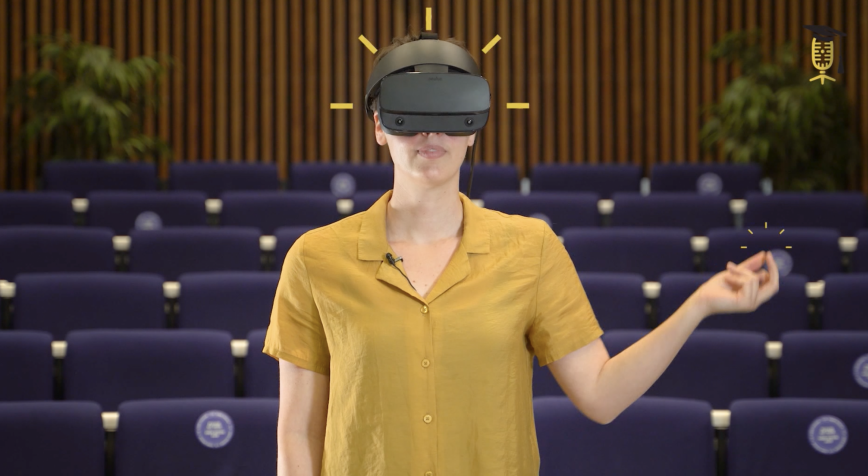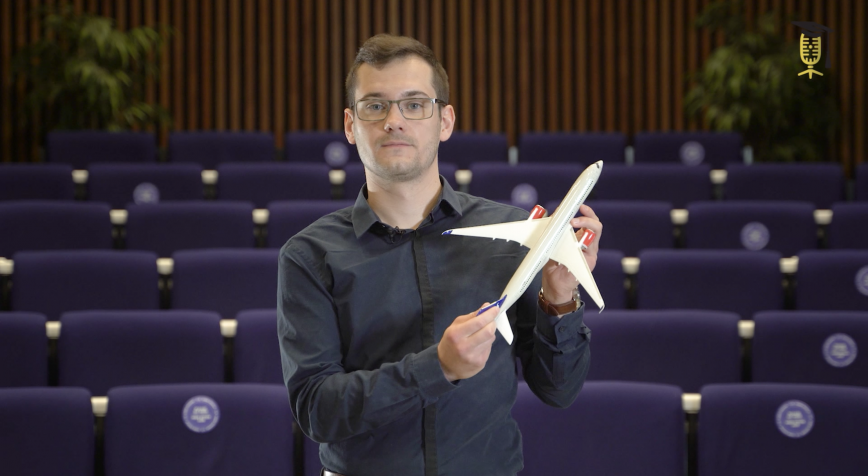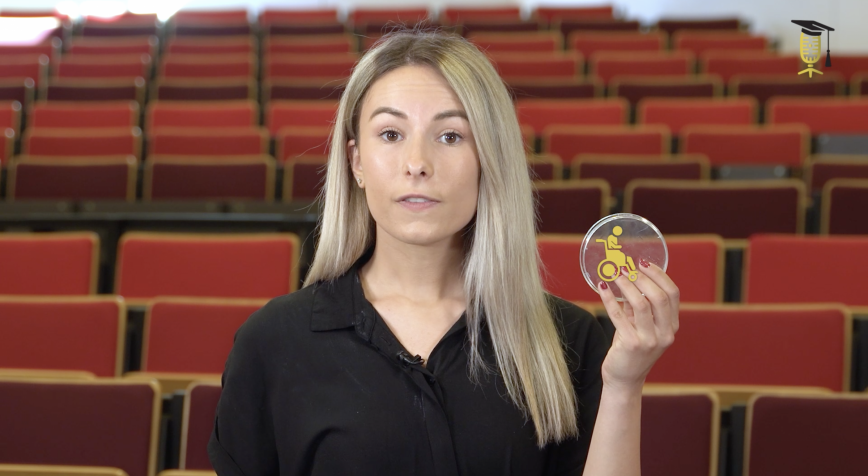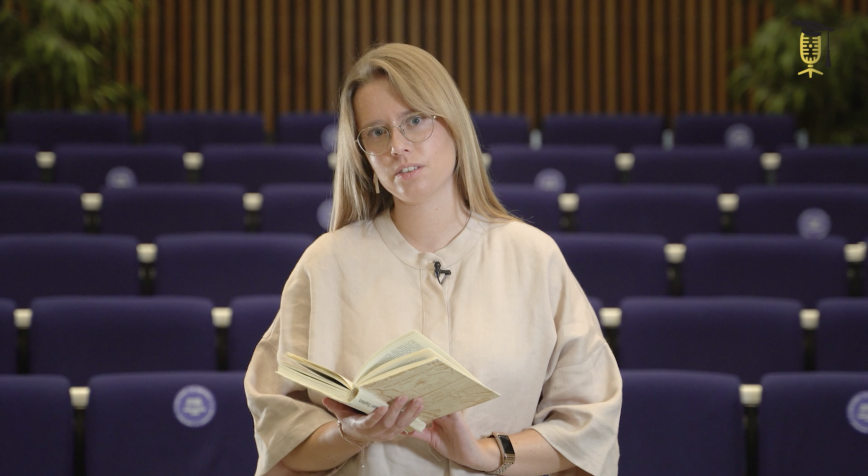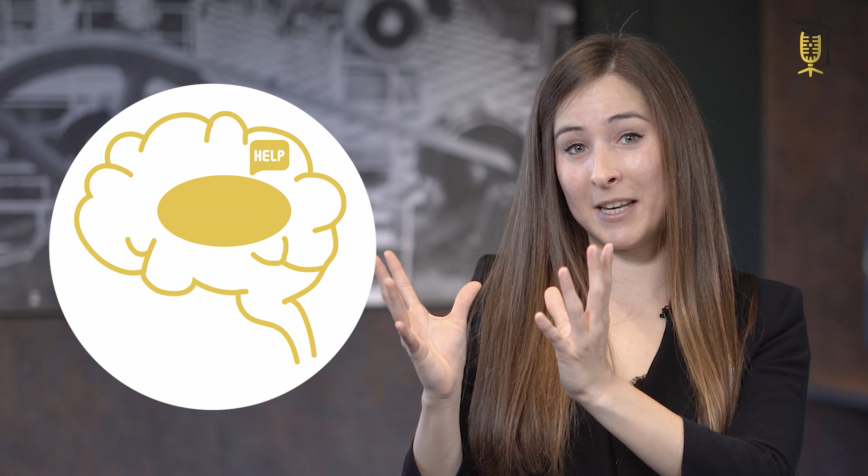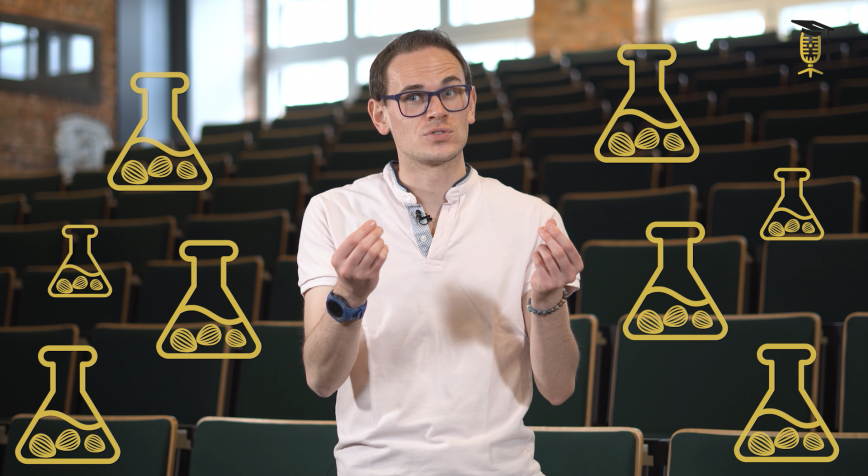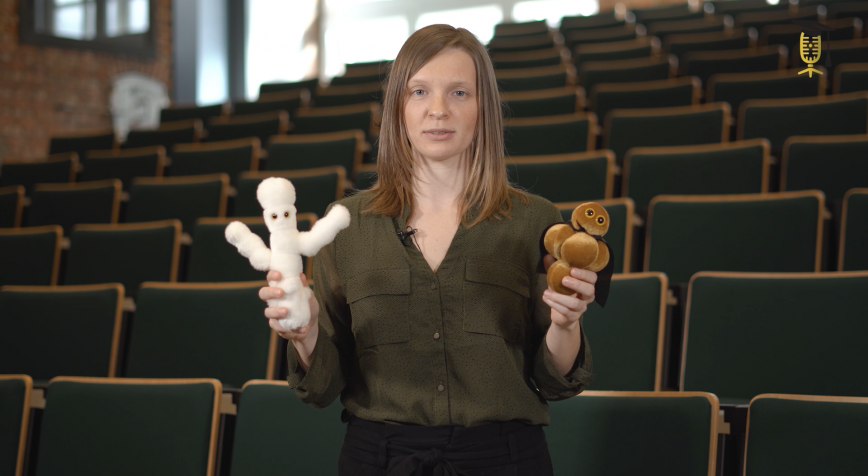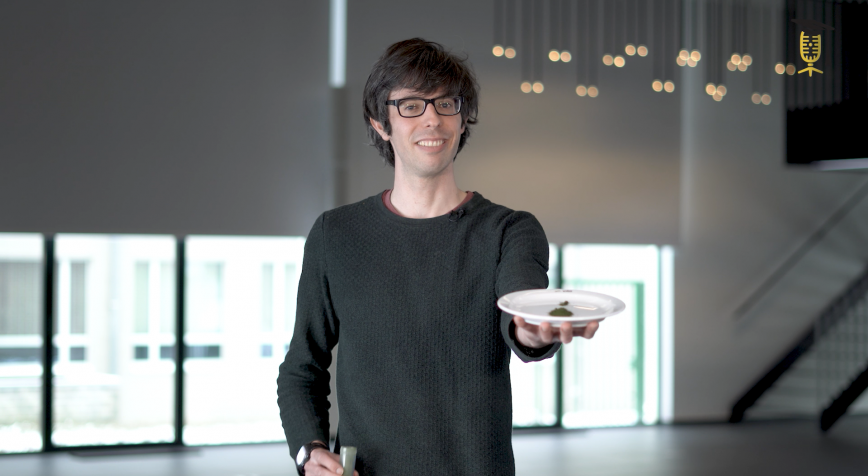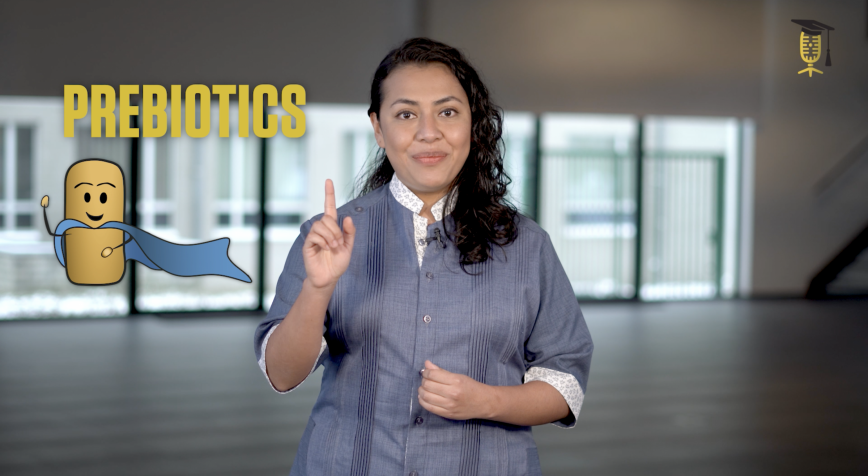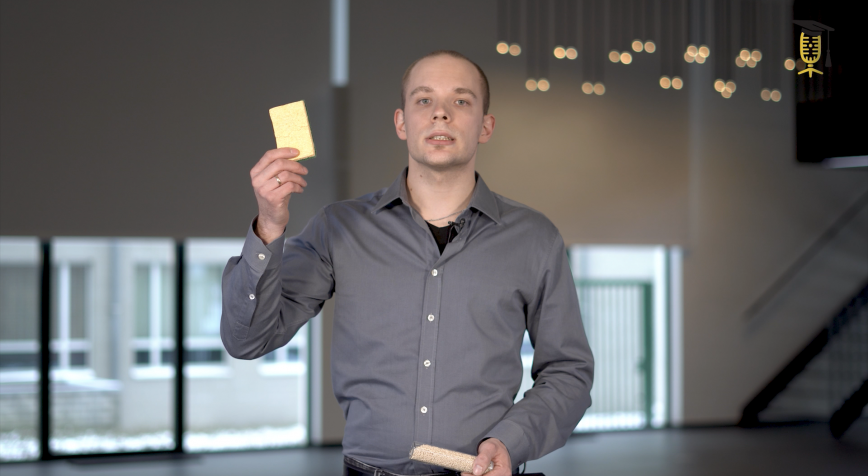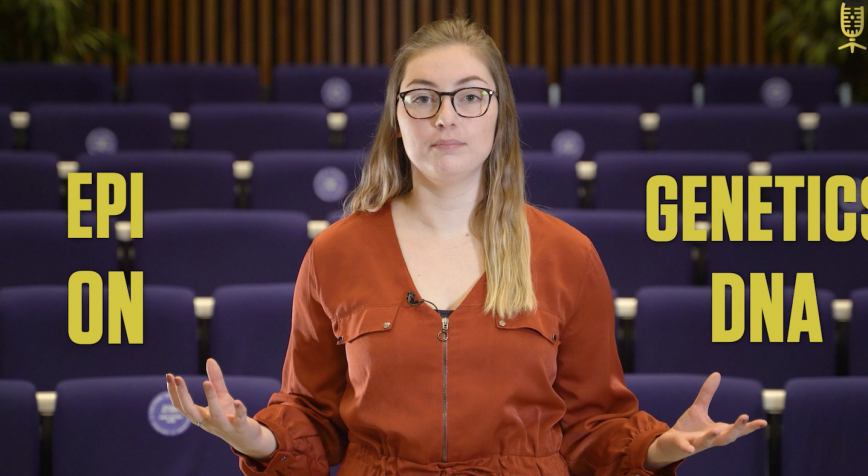
KU Leuven
VUB
Can DNA paperclips explain invisible diseases?
Millions of people worldwide suffer from 'invisible' diseases such as chronic widespread pain and chronic fatigue syndrome, which makes patients feel ill for days or even weeks after a small effort, such as washing their hair. Jolien Hendrix (VUB - KU Leuven) tries to understand these diseases by looking at epigenetics. Epi what?! Well, you can see this as DNA paperclips as Jolien explains vividly in this video!
